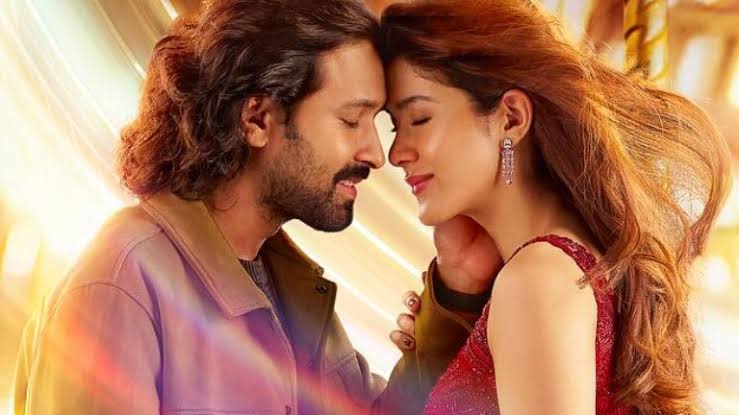There’s something quietly revolutionary about a Bollywood film that asks you to close your eyes and truly listen. Aankhon Ki Gustaakhiyan, released today, does exactly that—and in doing so, delivers one of the most emotionally resonant films of the year.
Director Santosh Singh, working from Mansi Bagla’s screenplay adapted from Ruskin Bond’s beloved short story “The Eyes Have It,” has crafted something genuinely special here. This isn’t your typical meet-cute romance; it’s a meditation on connection that transcends the physical, wrapped in the breathtaking beauty of the Himalayas.
Vikrant Massey continues his streak of choosing projects that matter. As Jahaan, a visually impaired musician, he brings a vulnerability and authenticity that never feels performative. There’s a particular scene where he describes music as “colors you can hear” that showcases Massey’s ability to convey profound emotion through the simplest dialogue. He’s become one of our most reliable actors, and here he proves he can carry a film that demands both subtlety and emotional depth.
Shanaya Kapoor, in what feels like a significant step forward in her career, matches Massey’s sensitivity as Saaba, the theater artist. Their chemistry is built not on stolen glances or conventional romantic gestures, but on the rhythm of conversation, the warmth of shared laughter, and the electric tension of almost-touches. It’s a masterclass in how intimacy can exist in the spaces between words.
The film’s greatest strength lies in its restraint. Singh never exploits his characters’ disabilities for cheap emotional manipulation. Instead, he allows their humanity to shine through naturally. The train journey setting—a classic Bollywood trope—feels fresh here because it becomes a metaphor for life’s temporary encounters that leave permanent marks.
Visually, Tanveer Mir’s cinematography captures the Himalayas with a poet’s eye, though there’s beautiful irony in how the film’s most stunning moments come when we’re focused on faces, voices, and the small gestures that reveal character. The landscape serves as more than backdrop; it’s a character that mirrors the emotional terrain our leads navigate.
Vishal Mishra’s songs integrate seamlessly into the narrative rather than interrupting it, while Joel Joe Crasto’s score understands when to step back and let silence speak. The sound design deserves particular praise—every footstep, every rustle of fabric, every intake of breath carries weight in a story where audio cues replace visual ones.
The film isn’t without its minor stumbles. At 138 minutes, it occasionally feels languid where it should feel contemplative, and some supporting characters feel underdeveloped. But these are small quibbles with a film that succeeds so completely at its primary mission.
What makes Aankhon Ki Gustaakhiyan truly special is how it challenges our assumptions about love, attraction, and human connection. In a world obsessed with appearances, it argues for something deeper—the kind of seeing that happens when you really listen, when you pay attention to someone’s essence rather than their exterior.
This is thoughtful, mature filmmaking that trusts its audience to engage with complex emotions. It’s a film that will stay with you long after the credits roll, making you reconsider how you connect with the people in your own life.
In an industry that often prioritizes spectacle over substance, Aankhon Ki Gustaakhiyan reminds us that sometimes the most profound journeys happen in the quiet moments between heartbeats.
Rating: 4/5 stars


